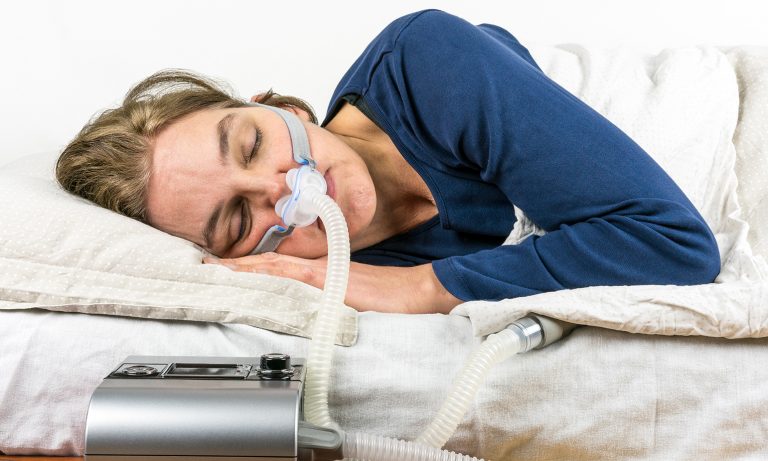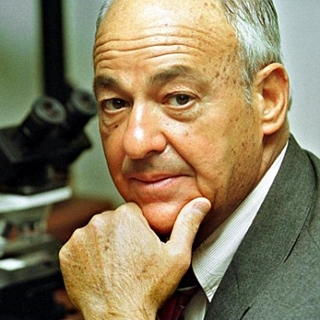
While there is still a lot of uncharted territory in the field of circadian rhythms and sleep medicine, there is a growing body of evidence to suggest that spring-forward, fall-back is not the best choice for the 21st century. states are considering similar legislation – largely because of the health risks posed by time changes twice a year. The European Union voted in spring 2019 to do away with the biannual time changes next year, and several other U.S. Rather permanent standard time is the optimal solution. Studies have shown that residing on the most western border of time zones, which is similar to being on daylight savings time, is associated with increased risks for cancer. Permanent daylight savings time however, is not recommended by the scientific community. 7, 2021, because, they state, “Americans are already dealing with enough change and other disruptions from the COVID-19 pandemic.” (The legislation appears to be stalled in Congress.) In Florida, for instance, two senators recently introduced a bill called the Sunshine Protection Act, which would keep the U.S.

The daylight saving time debatesĪs scientists at UT Southwestern and around the world continue to delve into the effects of daylight saving time, the topic continues to spark debates in legislative circles, too.

with sleep disorders – particularly when environmental factors such as daylight saving time disrupt our health. With this knowledge, we can begin to understand why sleep is important for our health and how to improve sleep hygiene for the 15% to 20% of people in the U.S. A healthy sleep pattern should include long stretches of non-REM sleep, when the brain is not actively dreaming and processing memories. We uncovered two genes in mice that control how much rapid eye movement (REM) sleep and non-REM sleep is needed. Masashi Yanagisawa’s laboratory, we discovered the first genes in mice that regulate sleep using an unbiased mutagenesis and screening method. It can also lead to difficulties with learning, social interactions, and overall cognitive function.

My colleagues and I determined that mutated CLOCK genes can cause delays in circadian functions, which in turn lead to dysfunctions in metabolic, behavioral, and cognitive abilities.Įvery cell in our bodies keeps track of the time, and changes in daily patterns can trigger stress in our brains and cause sleep deprivation, disorientation, and memory loss. In 1997, my laboratory discovered the CLOCK gene – the first circadian gene in mammals. In fact, this twice-a-year desynchronization of our body clocks has been linked to increased health risks such as depression, obesity, heart attack, cancer, and even car accidents. While the "fall back" technically equates to a potential extra hour of sleep, the reset isn't so easy for our internal clocks – also known as our circadian rhythm. 1, we will turn our clocks back an hour to end daylight saving time.


 0 kommentar(er)
0 kommentar(er)
